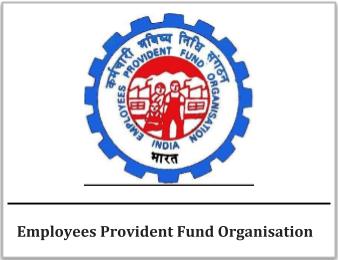EPFO Exam Model Questions : General Awareness (Set-29)

EPFO Exam Model Questions : General Awareness
1. Consider the following statements
(i) Ad hoc committees are appointed for a specific purpose, but they can exist even if they finish the task assigned to them with the prior approval of the speaker of Lok Sabha.
(ii) Business advisory committees and the rules committees are the types of Ad hoc committees.
Which of the above statement(s) is/are correct?
(a) Only (i)
(b) Only (ii)
(c) Both (i) and (ii)
(d) Neither (i) nor (ii)
2. The essential conditions for the protection from double jeopardy are -
(i) the person must be an accused of an offence.
(ii) the proceedings or the prosecution must have taken place before a court or judicial tribunal and have been of Judicial nature.
(iii) the prosecution must be in context of a penal offence duly declared by law.
(iv) the offence must be the same for which the accused person was prosecuted and punished in the previous proceedings.
Code
(a) (i) and (ii)
(b) (i), (ii) and (iii)
(c) (ii), (iii) and (iv)
(d) (i), (ii), (iii) and (iv)
3. Which of the following articles empowers each house of the parliament to make rules for regulating its procedure and conduct of business?
(a) Article - 117
(b) Article - 118
(c) Article - 119
(d) Article - 121
4. “Fundamental rights and directive principles of state policy are complementary to each other and none of them can be ignored in order to give importance to anyone”. Supreme court proposed this approach in-
(a) Maneka Gandhi case.
(b) Minerva mills case.
(c) Golaknath case.
(d) Kesavananda Bharati case.
5. The qualifications for getting Indian citizenship through naturalization are the following
(i) He must not be a citizen of a country where Indian citizens are prevented from becoming citizen by naturalization.
(ii) He intends to reside in India or to serve under the government of India after getting the certificate of naturalization.
(iii) It is not necessary that he has an adequate knowledge of a language recognized by the Indian constitution, but he must take an oath of allegiance towards the state.
(iv) He is a person of good character.
(v) He must have either resided in India or has been in government service for 10 months before the date of making the application for naturalization.
Code -
(a) (i), (ii) and (iv)
(b) (i), (ii) and (v)
(c) (ii), (iii) and (iv)
(d) (iii), (iv) and (v)


